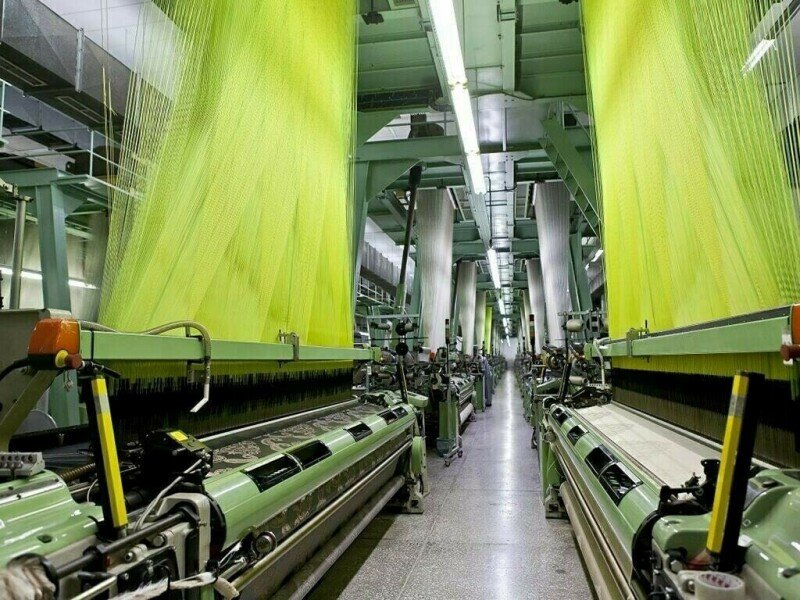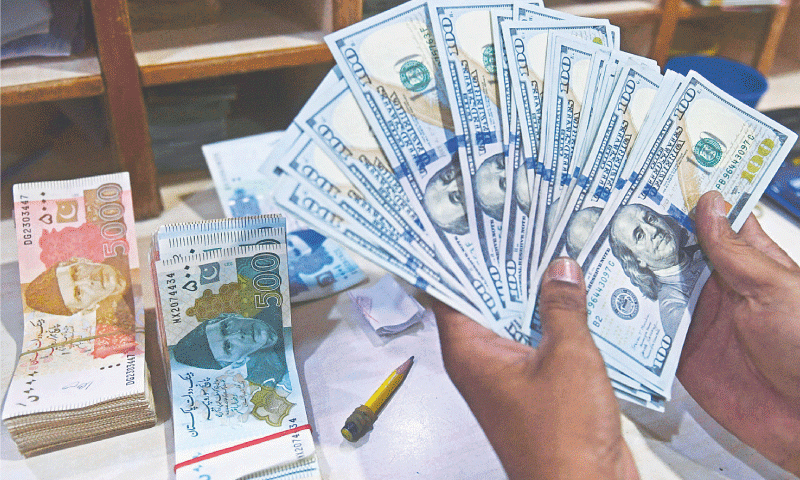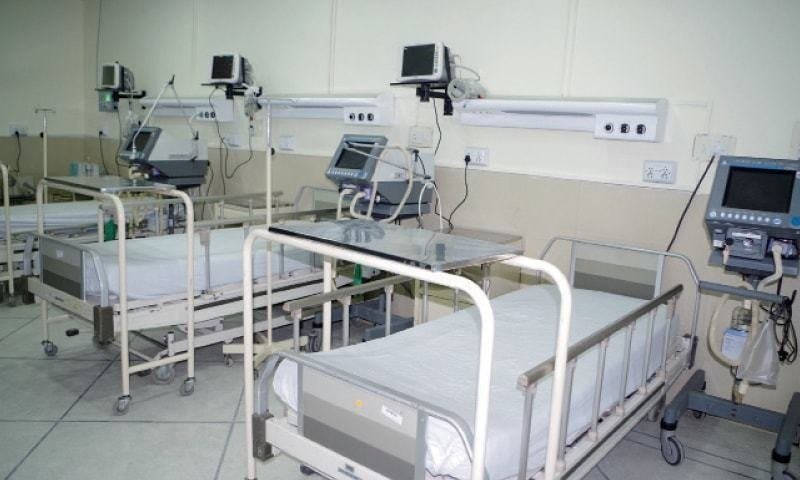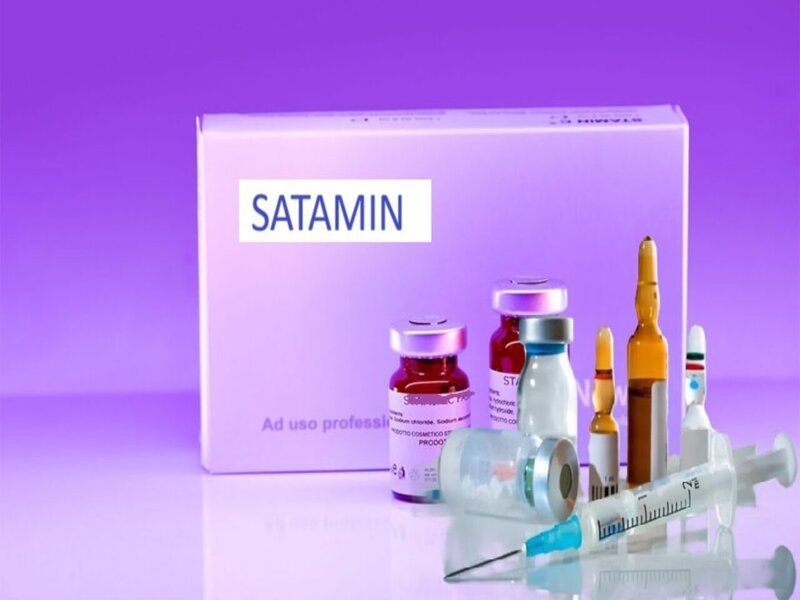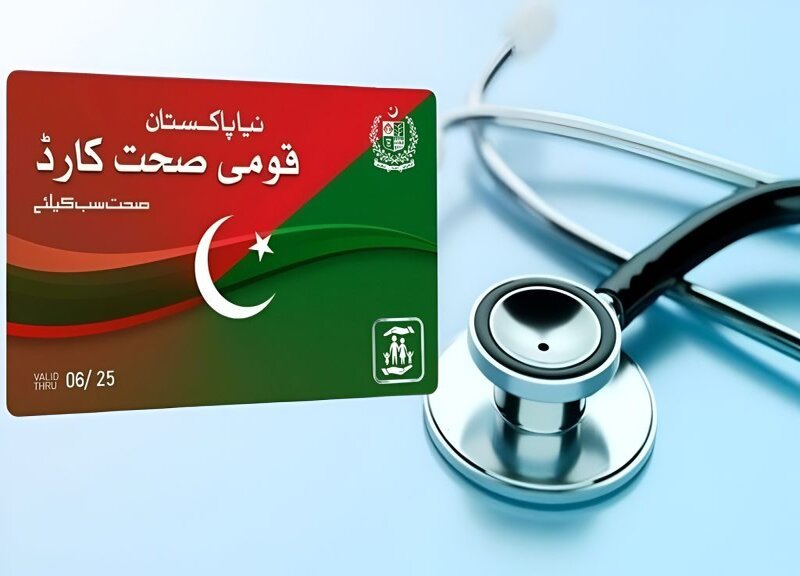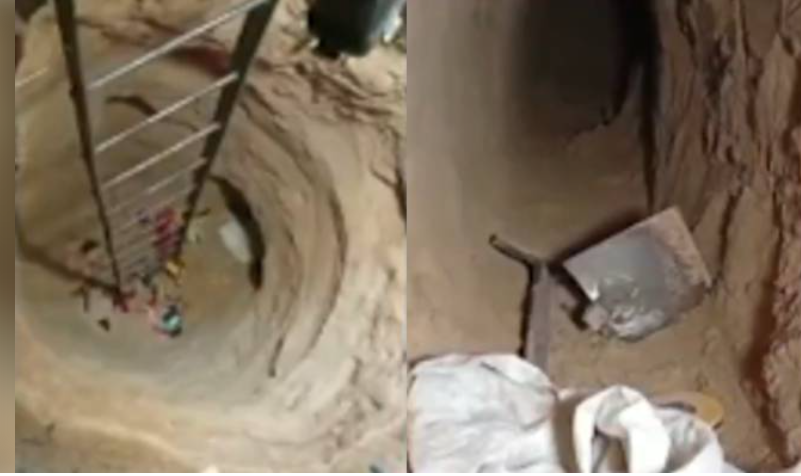The Pakistan Textile Council has called on the government to take urgent action to address the growing challenges within the textile industry, warning that continued inaction could further damage the country’s export performance and overall economic stability. In a recent letter to key government departments, PTC Chairman Fawad Anwar presented the Council’s export data analysis report for the first quarter of fiscal year 2025–26, covering the period from July to September 2025. The report provides a data-driven overview of Pakistan’s export performance, highlighting critical trends that demand immediate policy attention.
According to the analysis, Pakistan’s textile sector, which contributes nearly 63 percent of the country’s total exports, continues to struggle. Textile exports fell by 2 percent year-on-year, reaching 1.58 billion US dollars in September 2025. This decline has coincided with a widening current account deficit, recorded at 594 million US dollars during the same quarter. The imbalance, driven by increasing imports and slower export and remittance growth, reflects the urgent need for targeted economic reforms.
To reverse this downward trend and strengthen the textile industry’s global position, the PTC proposed a set of policy measures. These include ensuring liquidity and easing tax burdens through automated refund systems and zero-rating of inputs under the Export Facilitation Scheme, aligning wage and labor policies with regional competitors to enhance cost competitiveness, supporting the revival of spinning and weaving sectors by reducing operational costs and improving cotton quality, and improving access to finance by expanding the role of the EXIM Bank, as well as increasing limits under the Export Finance Scheme and Long-Term Financing Facility to promote innovation and sustainable investments.
The Council emphasized that implementing these reforms is essential for restoring export competitiveness, stabilizing the external account, and achieving long-term economic resilience.
Recently, the Prime Minister chaired a meeting with government officials and industry stakeholders to discuss the challenges facing Pakistan’s business community. Following these discussions, several committees were formed to draft recommendations. However, the report noted that no representative from the All Pakistan Textile Mills Association was included in these panels, raising concerns about the inclusivity of the consultation process.

